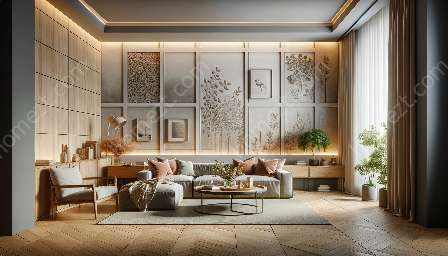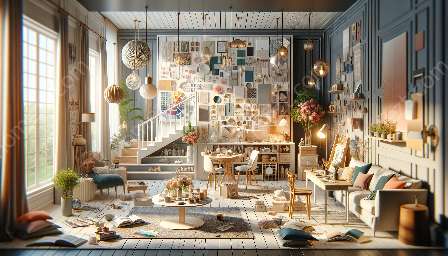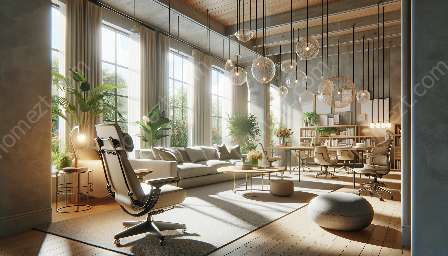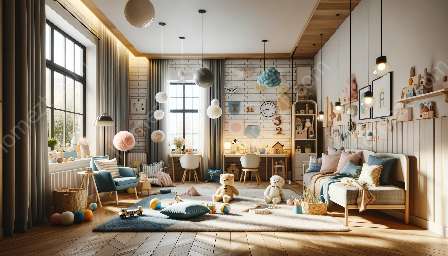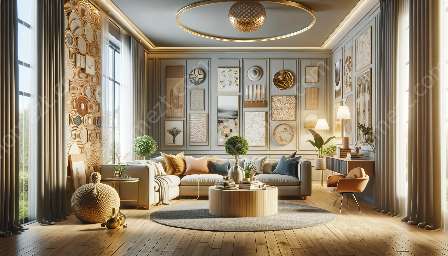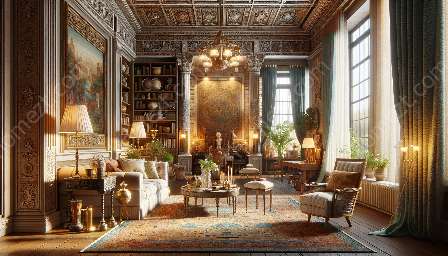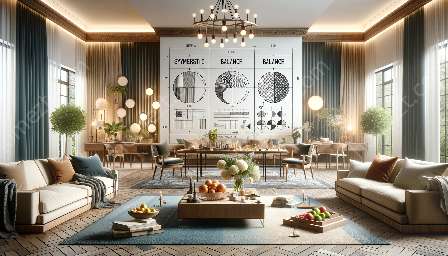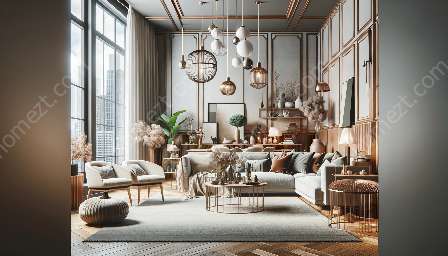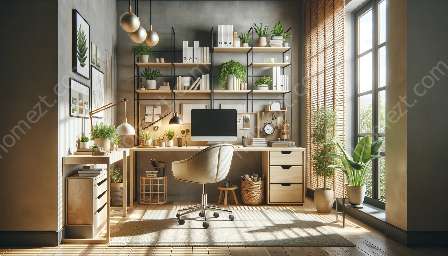Interior decor is not just about aesthetics; it also involves making ethical choices in material selection to ensure a sustainable and responsible environment. This topic cluster delves into the ethical considerations for material selection in interior decor, exploring the compatibility with mood boards, design concepts, interior design, and styling.
Understanding Ethical Material Selection
When designing interior spaces, it is vital to consider the ethical implications of the materials used. This involves assessing the environmental impact, the working conditions of those involved in production, and the overall social and ethical responsibility associated with material selection.
By considering ethical material selection, interior designers can contribute to creating a harmonious and responsible living environment for their clients.
Creating Compatible Mood Boards and Design Concepts
Compatible mood boards and design concepts play a pivotal role in material selection for interior decor. The choice of materials should align with the aesthetic and ethical vision portrayed in the mood boards and design concepts. From sustainable wood to recycled materials, every element included in the mood board should reflect the ethical considerations in material selection.
By integrating ethical concerns into mood boards and design concepts, interior designers can ensure that the end result not only looks beautiful but also upholds ethical values.
Sustainable Interior Design and Styling
The concept of sustainable interior design and styling goes hand in hand with ethical material selection. This involves choosing materials and products that are sustainable, eco-friendly, and have minimal environmental impact.
From energy-efficient lighting to low-impact furniture, sustainable interior design and styling prioritize ethical material choices that contribute to a healthier and more environmentally friendly living space. By considering the ethical implications of material selection, designers can create spaces that are not only visually appealing but also promote a sustainable lifestyle.
Exploring Ethical Material Options
There are numerous ethical material options available for interior decor that align with ethical considerations. These include reclaimed wood, recycled metal, sustainable fabrics, and low-emission paints, among others.
By exploring these ethical material options, designers can broaden their design palette and offer clients choices that not only enhance the aesthetic appeal of their spaces but also align with their ethical values.
Conclusion
In conclusion, ethical considerations in material selection for interior decor are essential for creating sustainable, responsible, and visually captivating spaces. By integrating ethical material choices into mood boards, design concepts, and interior design and styling, designers can contribute to a harmonious and ethical living environment.

